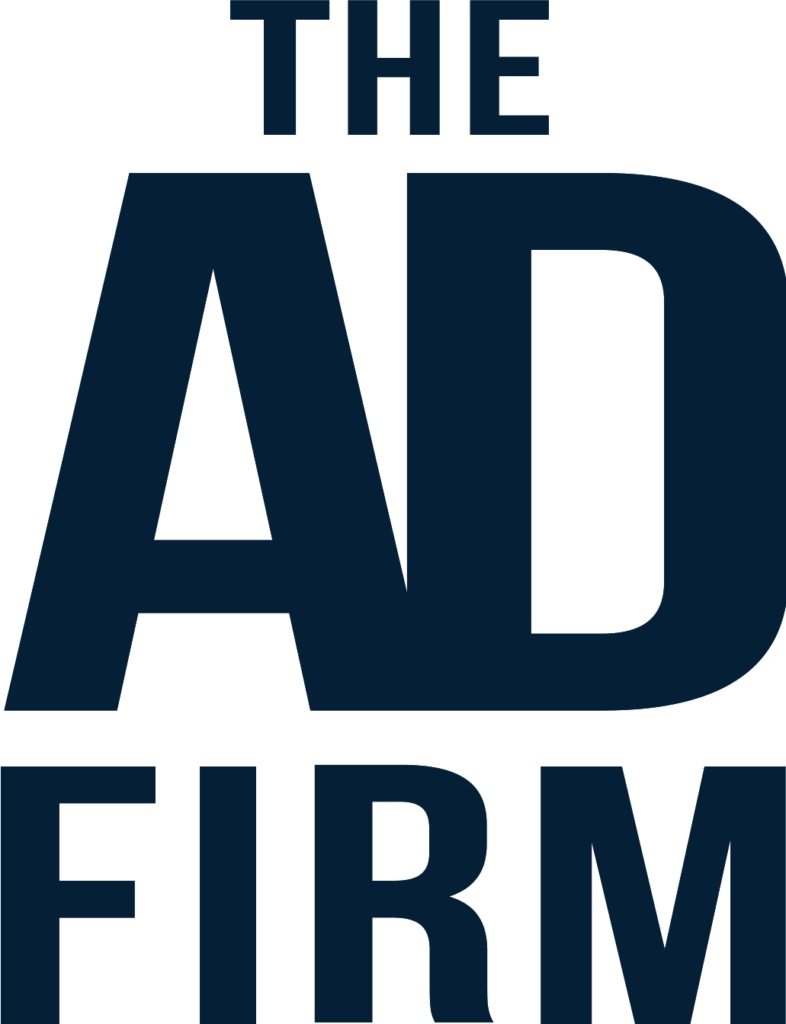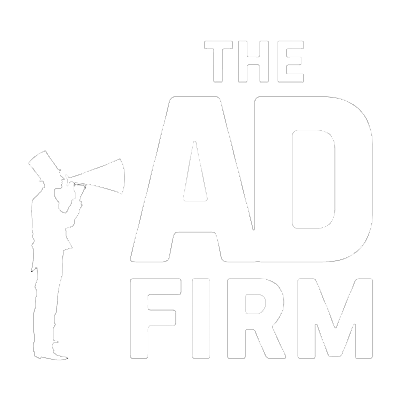In an era where technology rapidly advances, artificial intelligence (AI) is revolutionizing industries far and wide, with pay-per-click (PPC) advertising emerging as a prime example of this transformation.
This post delves into the seamless integration of AI into PPC campaigns, significantly enhancing their efficiency and effectiveness. By automating routine tasks and providing sophisticated analytics, AI has become not just a useful tool but a transformative force in the realm of paid advertising. It reshapes the way campaigns are crafted, executed, and optimized, driving better results through precision and insight. AI’s role in PPC illustrates a broader trend toward integrating intelligent technologies in marketing, promising a future where advertising is more targeted, responsive, and successful at achieving business goals.
What is AI and How Does It Relate to PPC?
Artificial Intelligence (AI) refers to the simulation of human intelligence in machines that are programmed to think and learn like humans. In the context of PPC marketing, AI involves using machines to perform tasks such as data analysis, decision-making, and pattern recognition that would traditionally require human intelligence.
Pay-per-click (PPC) is an advertising model used on search engines, advertising networks, and content websites/blogs, where advertisers only pay when a user clicks on their ads. This model is crucial in digital marketing as it directly drives traffic to websites and can quickly generate leads and sales.
The Rise of Automation in Paid Advertising
The use of automation in PPC advertising has increased dramatically with the advent of AI technologies. Automation in this context means using AI to manage and optimize the bidding process, target potential customers, and create personalized ads, among other functionalities. This shift is driven by the need to process vast amounts of data more efficiently than humanly possible, allowing for more effective campaign management and decision-making.
AI is used in PPC to automate complex processes such as predictive bidding, where AI algorithms predict the likelihood of conversion from different bids and adjust them in real time to maximize ROI. Google Ads and Facebook Ads use AI to analyze user behavior and automatically tailor ads to fit individual profiles, thereby increasing the chances of engagement and conversion.
Enhancing Campaign Efficiency through Automation
Automation powered by AI is not just a luxury but a necessity in modern PPC campaigns due to the volume of data and the speed required for decision-making.
Automated Bid Management
AI systems in PPC can analyze data from past ad performances and adjust bids automatically to align with campaign goals. The typical goals include:
- Maximizing Clicks: AI aims to increase the total number of clicks on ads within a given budget, which helps in driving traffic to the website.
- Enhancing Conversions: By adjusting bids to target users more likely to convert, AI focuses on improving the conversion rate, turning clicks into customers.
- Cost Efficiency: AI optimizes spending to achieve the most favorable cost-per-click or cost-per-acquisition, ensuring budget efficiency.
- Balancing Budget Across Campaigns: AI distributes budget across various campaigns to maximize overall campaign performance, considering each campaign’s unique goals and results.
This level of automation aids in managing thousands of keywords simultaneously and adjusts bids in real time based on the changing competitive landscape, far surpassing human capabilities in terms of speed and accuracy.
Streamlining Ad Testing and Optimization
AI dramatically improves the efficiency of ad testing by automating the creation and testing of multiple ad variations. It quickly identifies the most effective combinations of headlines, content, and images based on real-time data, leading to the optimization of campaigns with specific goals such as:
- Increase Engagement: AI tests different creative elements to see which ones engage users the most.
- Boost Relevance: By optimizing ads based on user feedback and interaction data, AI ensures that the ads are highly relevant to the target audience.
- Improve Quality Score: AI helps in optimizing ads and landing pages to meet search engines’ quality criteria, which can reduce costs and improve ad placements.
- Adapt to Market Changes: AI continuously adjusts campaign strategies to respond to market trends and competitor activities, keeping the ads relevant and effective.
These automated processes allow marketers to continuously optimize their campaigns and respond to performance metrics with precision, reducing waste and increasing the effectiveness of the campaign.
Personalization: The Key to Better Engagement
AI’s ability to harness and analyze vast amounts of data translates into unprecedented levels of personalization in PPC advertising.
Targeting and Ad Customization
AI leverages detailed data analysis to precisely segment audiences, creating highly targeted ads based on users’ behavior, preferences, and past interactions. This capability allows AI to present specific products to users who showed interest but did not make a purchase, enhancing the likelihood of conversion.
Through AI, ads are not only targeted but also customized to align closely with the user’s specific needs and interests. This results in a more engaging user experience and increases the effectiveness of PPC advertising campaigns by ensuring that each ad reaches the most appropriate audience at the right time. AI’s predictive capabilities also enable proactive ad adjustments, maintaining relevance across different user segments.
Dynamic Content Creation
Beyond mere targeting, AI significantly enhances engagement by generating dynamic ad content. AI tools analyze user data to produce and test different creative elements in ads, ensuring the content is highly tailored and relevant. Here are some creative elements commonly adjusted by AI for optimal engagement:
- Images and Videos: AI selects images or videos that resonate most with specific user groups based on their past interactions and preferences.
- Headlines: AI tests various headlines to determine which ones capture the most attention and drive clicks from different segments of the audience.
- Calls-to-Action (CTAs): Different CTAs are trialed to see which ones effectively motivate users to take action, such as signing up or making a purchase.
- Ad Layouts: The arrangement of elements within ads can also be optimized to attract more viewer attention and facilitate engagement.
This dynamic content adaptation ensures that ads are not only relevant but also compelling to the audience, increasing the likelihood of engagement and conversion. By continuously testing and refining these elements, AI helps maintain the freshness and relevance of ad campaigns, adapting to user preferences and behaviors in real time.
Predictive Analytics in PPC
Predictive analytics in PPC utilizes AI to anticipate future trends and consumer behaviors by analyzing historical data. This advanced capability enhances strategic decision-making and allows for more targeted, effective marketing campaigns.
- Product Interest Prediction: AI analyzes past consumer interactions and purchasing patterns to predict which products users might be interested in the future. This allows marketers to tailor their ads more precisely and effectively.
- Purchase Timing: By examining user activity and previous purchase timings, AI can predict when a user is most likely to make a purchase. This insight helps in timing the ads perfectly, increasing the chances of conversion.
- Market Trend Forecasting: AI tools can identify emerging trends in user behavior and market dynamics. This enables advertisers to adjust their strategies proactively, staying ahead of industry shifts and potential demand changes.
By leveraging predictive analytics, advertisers can shift from a reactive to a proactive approach, adjusting their campaigns in anticipation of future consumer actions and market trends. This strategic foresight not only helps in optimizing the marketing efforts but also enhances the efficiency of budget allocation, potentially reducing costs while maximizing campaign effectiveness.
Overcoming Challenges with AI in PPC
Despite the advantages, integrating AI into PPC strategies presents several challenges that marketers need to navigate carefully.
Transparency and the ‘Black Box’ Issue
One of the significant challenges with AI in PPC is the lack of transparency, often referred to as the “black box” issue. AI systems, while powerful, do not always reveal how decisions are made. This opacity can be problematic for marketers who need to understand why certain decisions about ad placements or bids are made.
Without this understanding, it becomes difficult to predict campaign outcomes or adjust strategies effectively. The unpredictability of AI decisions can also complicate efforts to maintain control over campaigns and ensure consistent performance.
Ethical Considerations and Data Privacy
Furthermore, the use of AI in PPC raises important ethical considerations and data privacy issues. AI systems rely heavily on data to make decisions, and this dependency raises the risk of data breaches or misuse. Handling large volumes of consumer data necessitates stringent security measures and compliance with data protection laws to prevent unauthorized access and ensure privacy.
Additionally, there are ethical dilemmas related to how consumer data is utilized for targeting purposes. Marketers must adhere to ethical standards and regulations to maintain consumer trust and avoid the potential backlash from misusing personal information.
The Future of AI in PPC
As AI technology continues to evolve, its impact on pay-per-click (PPC) advertising is set to deepen, introducing more sophisticated tools that enhance how digital campaigns are executed.
The ongoing development in AI technology promises to bring innovations that further automate tasks and refine the analytics used in PPC campaigns. These advancements are likely to lead to more precise understanding of consumer behaviors, enabling marketers to tailor their campaigns more effectively to individual needs and preferences. As AI tools become more integrated into PPC, they will provide deeper insights and facilitate even more efficient management of advertising budgets and strategies.
Looking ahead, AI is expected to merge more seamlessly with other digital marketing disciplines, such as:
- Search Engine Optimization (SEO)
- Content Marketing
- Social Media Management
This holistic integration will likely forge a more unified digital marketing approach, enhancing the overall effectiveness and cohesion of marketing efforts. In this integrated framework, AI will play a pivotal role not only in optimizing PPC campaigns but also in boosting the performance across all facets of digital marketing.
Conclusion
This post has explored the various facets of AI in PPC from automation and personalization to predictive analytics and the challenges it brings. We’ve seen how AI is transforming PPC campaigns by making them more efficient, targeted, and responsive.
While AI offers tremendous benefits in automating and optimizing PPC campaigns, the importance of human creativity and strategic oversight cannot be understated. Balancing AI’s capabilities with human insight ensures that campaigns are not only efficient but also creatively compelling and strategically aligned with broader marketing objectives. Partnering with a PPC agency like The Ad Firm can help businesses harness the power of AI in PPC while maintaining control and achieving desired results. So, embrace the power of AI in your PPC strategy and stay ahead of the game!









